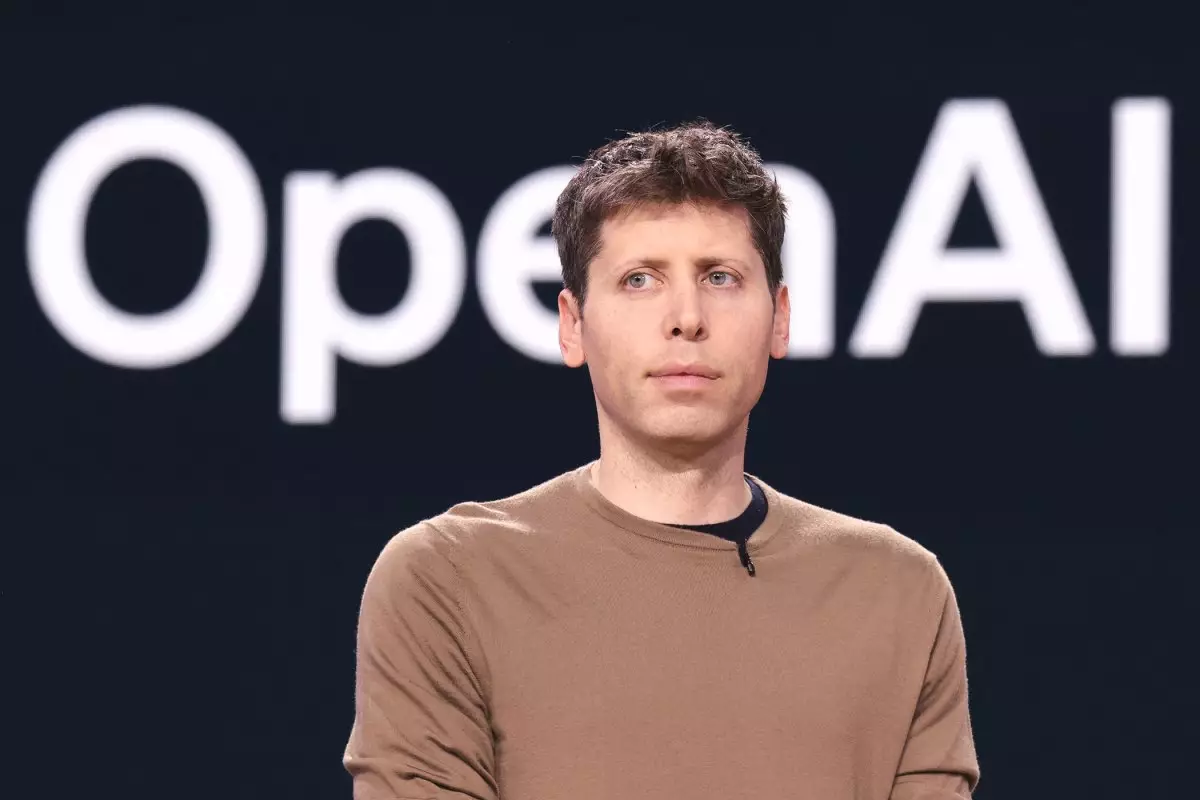The landscape of artificial intelligence is rapidly evolving, and with it, the mechanisms that govern access to advanced technologies. Recently, OpenAI unveiled a significant requirement for organizations: a mandatory ID verification process known as Verified Organization. This initiative, as outlined on the company’s support page, aims to enhance the security and ethical use of its groundbreaking models. The essence of this verification lies not merely in authentication but in fostering a responsible environment for AI deployment.
Security Meets Accessibility
OpenAI’s shift towards a safety-first approach reflects an understanding that with power comes immense responsibility. The process requires organizations to present a government-issued ID, limiting verification to one organization per ID every 90 days. This pragmatic step aims to protect the AI technologies developed at OpenAI from misuse, particularly from entities that might exploit these capabilities for nefarious ends. While the goal of broader access is commendable, this verification process could serve as a double-edged sword, creating potential barriers for smaller developers who contribute to innovation.
Justifying the Verification Process
The rationale behind this enforcement is steeped in necessity. Acknowledging that a minority of developers misuse OpenAI’s APIs underlines a critical issue: AI systems are only as ethical and safe as their users. The company’s proactive stance against these abuses, particularly concerning threats from groups believed to be linked to North Korea, depicts a firm commitment to responsible AI usage rather than merely restricting access. By instituting the Verified Organization status, OpenAI positions itself as a guardian of safe technological development while still encouraging a vibrant developer community.
Striking a Balance
The implementation of ID verification does present challenges, especially regarding inclusivity. While the intent is undeniably noble, the execution may inadvertently favor larger organizations with more resources, sidelining innovative start-ups that lack the necessary credentials. As OpenAI prepares for the rollout of its “next exciting model release,” it remains critical to ensure that barriers are not too high. A thriving ecosystem depends on diverse contributions, and inclusivity must remain a priority in these evolving protocols.
At the Crossroads of Innovation and Safety
OpenAI’s actions reflect a strategic foresight as its models continue to advance in complexity and capability. The emphasis on security, particularly in preventing intellectual property theft, highlights the global implications of AI technology. The decision to restrict access to certain regions, such as the suspension of services in China, speaks volumes about the geopolitical considerations intertwined with AI development. It makes clear that the path to safe and responsible AI deployment is fraught with challenges, requiring constant evaluation and adaptation.
As organizations navigate this new verification landscape, they will likely find themselves at a crossroads, balancing innovation with ethical implications. OpenAI is setting a standard that other companies may soon follow, making it imperative for the industry to engage in rigorous discussions about the future of AI access, responsibility, and the paramount importance of safety in an increasingly tech-driven world.

